On May 30, 2025, Professor Norman Murray was appointed a Fellow of the Canadian Association of Physicists (CAP). This significant recognition acknowledges his “outstanding research in theoretical astrophysics, with major contributions in extrasolar and solar planets, helioseismology, energetics of galaxies, and black hole AGN feedback,” as well as his “outstanding record of mentorship and…
News
Professor Norman Murray Recognized as CAP Fellow Amidst String of Prestigious Honors
Awards Featured News // // June 4, 2025 // no comments
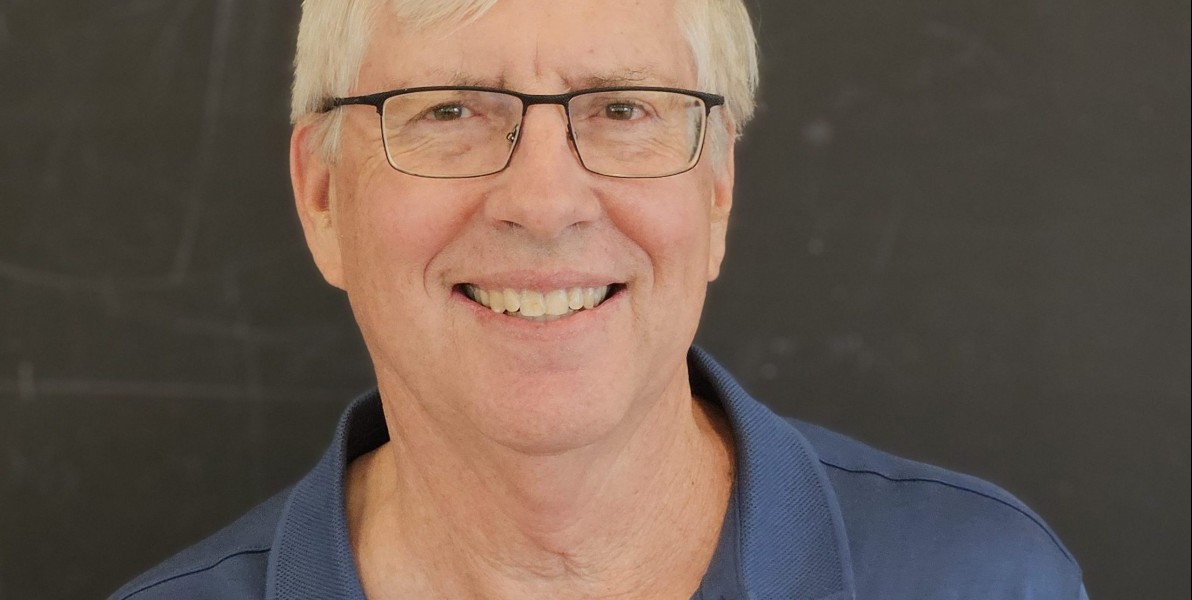
J. RICHARD BOND AWARDED 2025 SHAW PRIZE IN ASTRONOMY
Awards Featured News // // May 28, 2025 // no comments
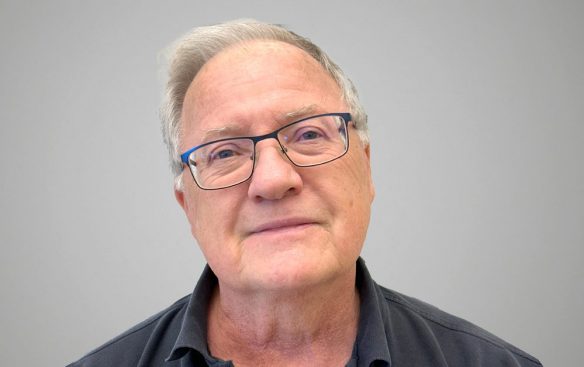
TORONTO, ON – May 28, 2025 – The Canadian Institute for Theoretical Astrophysics (CITA) proudly announces that Professor J. Richard Bond has been awarded the 2025 Shaw Prize in Astronomy. Professor Bond, also a University Professor at the University of Toronto, shares the prize equally with Professor George Efstathiou of the University of Cambridge, UK. The two astrophysicists ar…
CITA Fellow James Beattie and his team use supercomputer simulations to challenge classical understanding of magnetic turbulence
Featured News Recent Papers // // May 13, 2025 // no comments
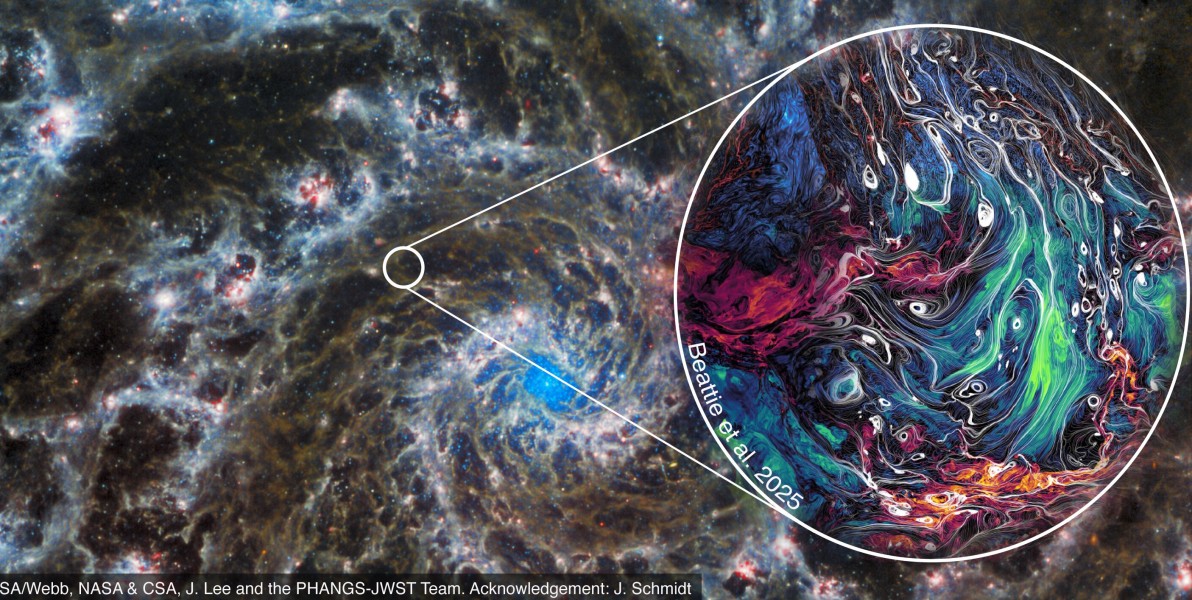
Astronomers have developed a computer simulation to explore, in unprecedented detail, magnetism and turbulence in the interstellar medium (ISM)—the vast ocean of gas and charged particles that lies between stars in the Milky Way galaxy.
Turbulence is a ubiquitous phenomenon, which all of us have witnessed. The swirly movement of mixing milk in a coffee cup is the same in principle as…
CITA faculty member Norman Murray elected to the U.S. National Academy of Sciences
Awards Featured News // // May 2, 2025 // no comments
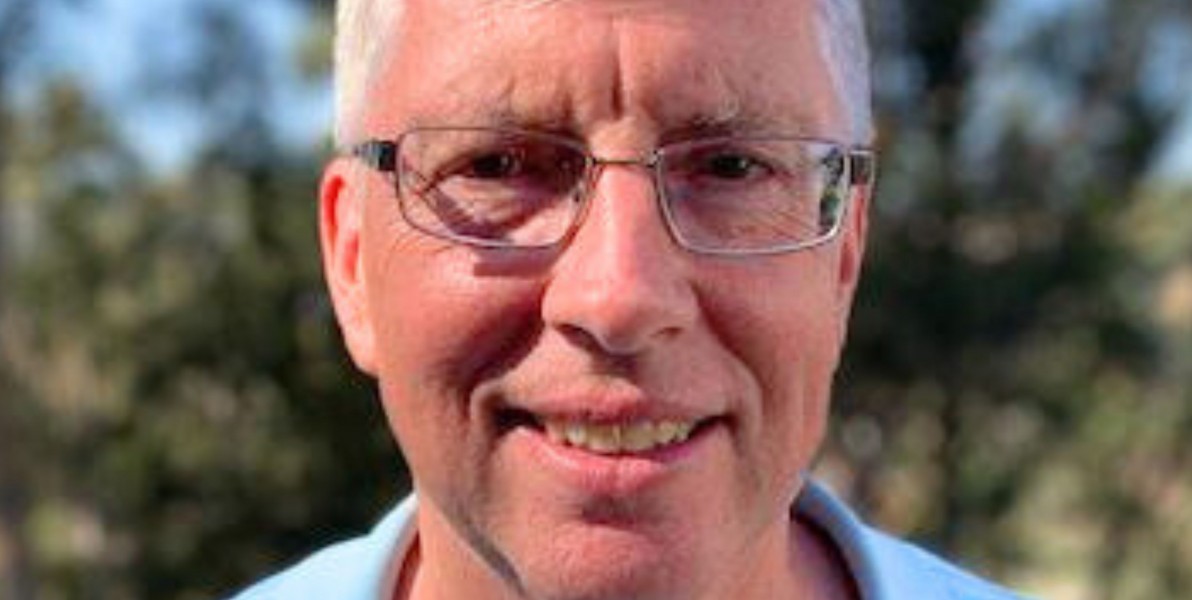
University of Toronto professor and CITA faculty member Norman Murray has been elected to the U.S. National Academy of Sciences during the Academy’s 162nd Annual Meeting. On April 29, the National Academy of Sciences announced the election of 120 members and 30 international members. The new members will be formally inducted at the 2026 NAS Annual Meeting.
Members are elected to the NAS…
CITA Professor Norman Murray has been elected to the American Academy of Arts and Sciences for 2025
Awards Featured News // // April 28, 2025 // no comments
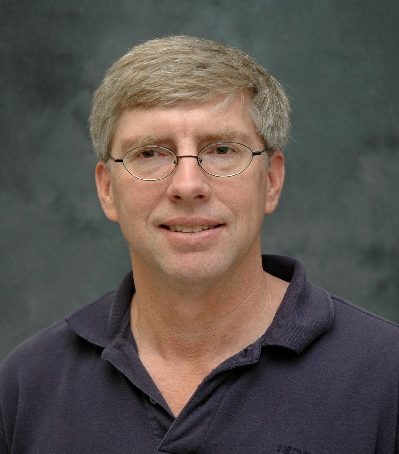
Professor Norman Murray from the Canadian Institute for Theoretical Astrophysics is the only University of Toronto professor elected to the American Academy of Arts and Sciences for 2025. He has been distinguished as CLASS I: Mathematical and Physical Sciences scholar for his significant contribution to Astronomy, Astrophysics, and Earth Sciences along with six other esteemed researchers…
The SECRET Connection Hidden in the Universe: Brian Keating interviewing Richard J. Bond
Featured News Special Events // // April 23, 2025 // no comments

Could entropy and coherence change everything we know about the universe? How does quantum information flow in the cosmic superweb? And will quantum mechanics reveal our universe’s deepest secrets?
Dr. Brian Keating, a popular science communicator and podcaster, interviews one of CITA’s most renowned faculty members – Professor Richard Bond. During his decades long career, Bond has…
Astronomers snap clearest ’baby picture’ yet of the universe
Featured News Recent Papers // // March 24, 2025 // no comments
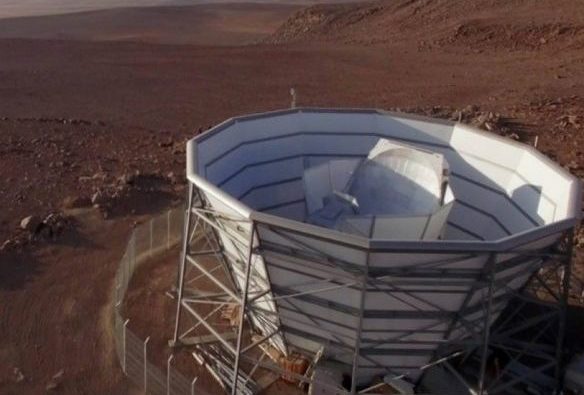
March 21, 2025 by A&S News (Abbreviated by Lyuba Encheva)
New research from the Atacama Cosmology Telescope (ACT) collaboration has produced the clearest images yet of the universe’s infancy from the earliest cosmic time accessible to humans.
Measuring light that has travelled for almost 14 billion years to reach a telescope high in the Chilean Andes, the two new images reveal t…
Magnetized Plasma around Merging Black Holes Shines and Burst like the Corona of the Sun
Featured News Recent Papers // // January 22, 2025 // no comments
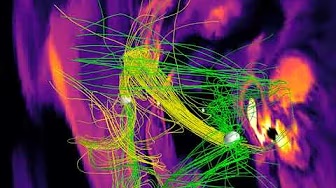
What happens when the supermassive black holes at the centre of galaxies collide? This is the question explored in a new article by CITA Postdoctoral fellow Sean Ressler, CITA faculty Bart Ripperda, CITA National Fellow Luciano Combi (University of Guelph/Perimeter Institute, and Caltech faculty Elias Most that just came out in the Astrophysical Journal Letters.
At the centre of almost…
CITA faculty Maya Fishbach receives this year’s Annie Jump Cannon Award in Astronomy
Awards Featured News // // January 16, 2025 // no comments
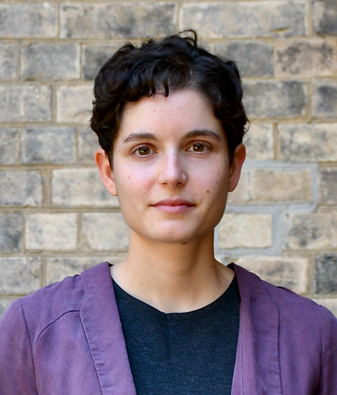
The American Astronomical Society (AAS), a major international organization of professional astronomers, announced today the recipients of some of its 2025 prizes for outstanding achievements in research and education.
This year the prestigious Annie Jump Cannon Award in Astronomy was presented to CITA faculty Maya Fishbach for her “major contributions to the field of gravitational-wav…
First-Ever Detection of Mid-IR Flares in Sgr A*- the Supermassive Black Hole at the Galactic Center
Featured News Publications // // January 14, 2025 // no comments
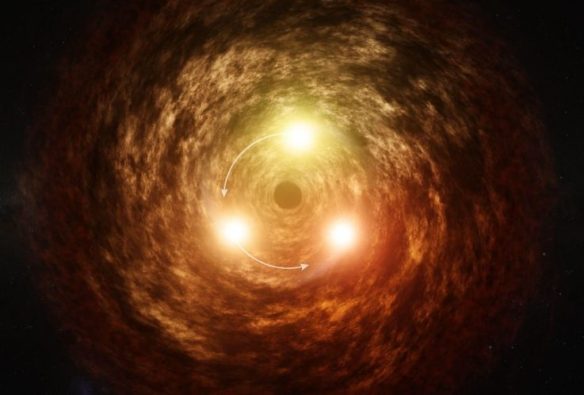
An international team of scientists, including CITA faculty Bart Ripperda and CITA graduate student Braden Gail, have made the first-ever detection of a mid-IR flare from Sgr A*.
Using the James Webb Space Telescope, an international team of scientists among whom CITA faculty Bart Ripperda and graduate student Braden Gail, detected for the first time a mid-IR flare from the supermassiv…
- 1
- 2
- 3
- …
- 11
- 12
- Older Posts →